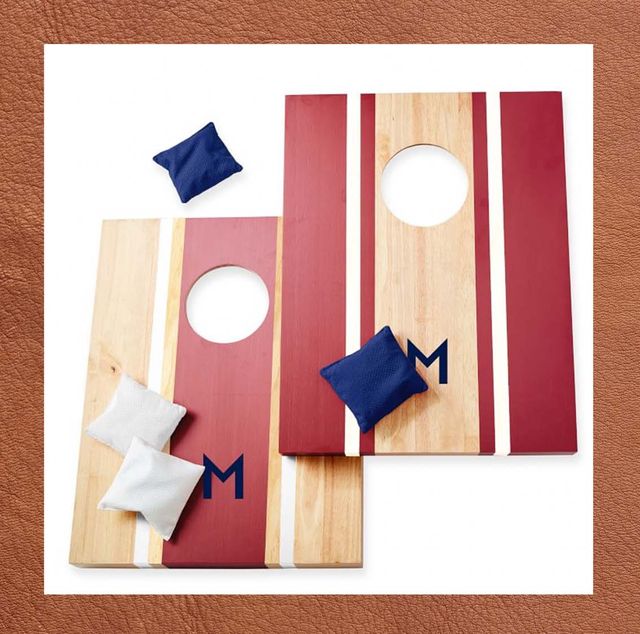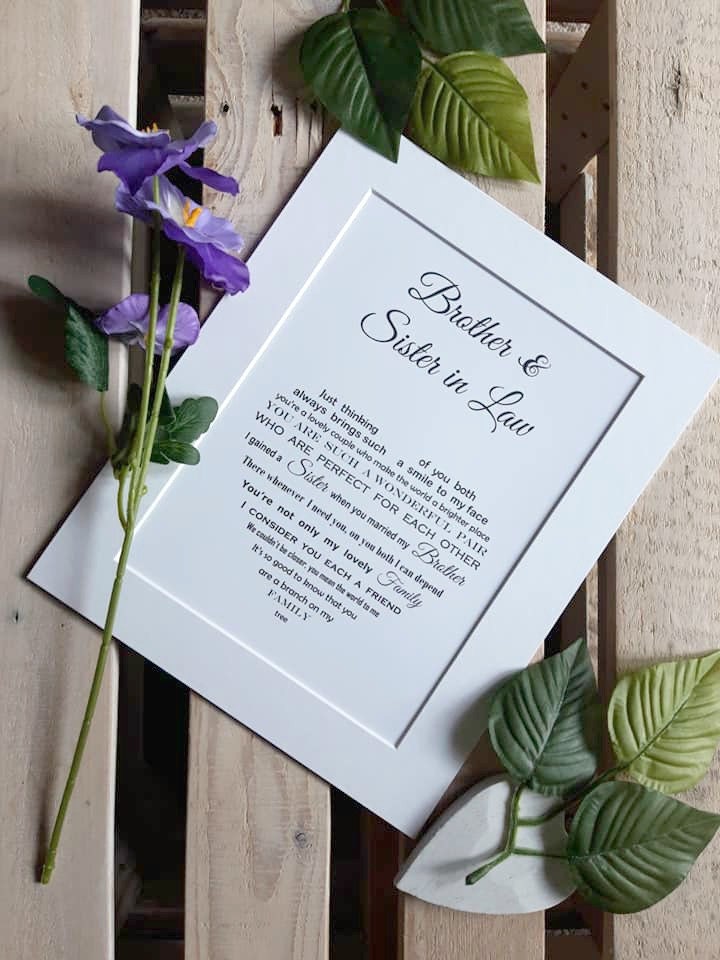
Different organizations define the COPD stages differently. FEV1 is a measure of lung function. It refers to forced expiratory volume per second. The result is then compared to FEV1 in a healthy person with the same age. Lower grades may not come with chronic symptoms, but they typically increase in severity. Some people experience more than one of these symptoms. Let's discuss the various stages of COPD, and the associated symptoms.
Symptoms
COPD sufferers are known for having multiple symptoms. These include anxiety, pain, dyspnea, and even panic attacks. Palliative treatment aims to improve patient's quality of living, reduce symptoms, and improve function. The disease progresses over time, and it is likely that death will occur. Once a patient has reached the end stage, it is crucial to identify signs of distress as well as make final arrangements.
End-stage COPD often results in severe mental and physical limitations. In addition to the physical symptoms, the patients usually have difficulty breathing and experience frequent, life-threatening exacerbations. Those who survive COPD end-stage are often left with worse lungs than before. Palliative medicine provides support and breathing treatments for these patients. The patient might also be trained in techniques to reduce anxiety, stress, and depression.

Classification
There are many stages of COPD. The most severe stage is when the airflow becomes blocked completely. In severe cases, the patient may need hospitalization to ensure that their airflow is maintained. Pain and loss of appetite are other symptoms. The Global Initiative for Chronic Obstructive Lung disease (GOLD) is a classification system used by doctors to classify COPD.
COPD can be diagnosed by its severity. The forced expiratory volume in 1 second (FEV1) is used to measure it. The severity of COPD symptoms is determined by the likelihood of exacerbation. COPD is often progressive and progresses slowly with increasing severity. Along with assessing the severity, it's important to assess a patient's propensity of changing stages.
Life expectancy
The COPD stages of death have a life expectancy of 10-20 years. COPD sufferers live longer than nonsmokers in the mildest stages. COPD sufferers often lose 8 to 9 years of life during the severe stages. There are effective treatments that can help patients live a healthy and long life.
COPD sufferers can expect to live for at least five years depending on their age, smoking history, health and the severity of their disease. COPD life span is not dependent on patient's lifestyle and health. It also depends upon how severe the disease has become and how much damage was done to it. People with mild COPD have a longer life expectancy than people with more advanced stages, but they may die sooner because of complications.

Quality of life
A person with end-stage COPD has symptoms all the time, or nearly all the time. These symptoms restrict the person's ability and mobility. These patients may require oxygen supplementation and can develop heart disease or pneumonia. End-stage patients may develop lower extremity swelling and severely limited activity. This can lead to pressure sores and obesity as well as blood clots.
End stage COPD can be described as long-lasting, with many years of progressive disease punctuated by sudden exacerbations. A COPD patient's quality of life in this stage is often poor, and many patients fear suffocation. Patients and doctors need to talk about the end of their lives, even though COPD's final stage is often unpredictable. The earlier conversations are had, the better. A COPD patient needs to understand that limiting life-sustaining treatments does not mean limiting care.
FAQ
How long does the breakup take?
Sometimes people wonder how long it takes to break up and whether it's worth staying together. The truth is you will not always be able to end your relationship, no matter what you do.
It might take more time if you are trying to end the relationship with someone who doesn't want to listen.
Even if all your efforts have failed, it is possible to still be unsuccessful. This is because some couples simply aren't meant to be together.
It's a good idea to talk to your ex-partner before you decide to end things. Explain to them that you've made a decision and ask them if they agree with it.
If they give you a yes, you should go ahead with your plan. You should consider your options if they disagree.
What can you do if your boyfriend/girlfriend doesn’t love me anymore?
When you first start dating someone, you assume you'll be together for the rest of your life.
But sometimes, this assumption proves wrong. Many people find themselves in a position where their partners no longer like them.
You may feel confused and sad. This can make it difficult to understand what to do next.
First, accept the fact that your partner might not be interested in you anymore. You'll only cause more pain if you refuse to believe your partner.
Next, try to understand what makes them dislike you. Some people just don't like certain types of people.
You might be disliked by their personality. You might be a little too ugly for them.
Whatever the reason, you shouldn't blame yourself. You didn't do anything wrong.
Finally, focus on your own personal development to be more attractive to your partner.
How can you tell if you're dating a real man?
A keeper is someone who cooks for you and takes you out to dance, buys flowers, watches movies together, and treats you better then his friends.
Men are more than just good at dancing and cooking. There's also a whole lot of stuff that goes along with dating a guy that makes him more attractive to women.
If you want to know if he is a keeper, the best way to do so is to ask these questions: Does your partner make you feel special and happy? Do you enjoy spending time together? Is he romantic? Are you attracted to him?
Does he care about you? Does he care about your feelings? Is he able to listen to you? Is he respectful of you? Are you able to trust him? Can you trust him?
These qualities are crucial because they demonstrate that he is trustworthy and reliable. He won't play with you and will let you know his position.
Why does love fade away?
The only way to make love last is to get used each other. We become so familiar that we don't notice our differences anymore.
We lose sight of the reason we fell in love first.
We wonder then why we're not happy anymore.
It's easy to fall in love and be swept away. Everything else seems unimportant. All you think about is your partner.
You begin to lose interest in each other and look at all the things that are making you unhappy.
Then, you start to wonder if you really do love him/her.
This happens because you've lost sight of what attracted you to your partner in the first place. This is when you begin to compare yourself to your ex partner.
And you realize that they were better than you.
This realization makes you question your decision to continue with your relationship.
However, before you decide to end it all, consider these questions: Are you still enjoying being with your partner or are you ready to let go? Are you satisfied with your life as it stands now?
If the answer to both of these questions is yes, then you shouldn't break up.
Because, even though it's disappointing, you still love being with you partner.
You deserve happiness.
Love is not a fleeting feeling. Keep loving until someone loves you back.
Statistics
- Meanwhile, a 2010 study of twenty-three thousand married couples found that the similarity of spouses accounted for less than 0.5 percent of spousal satisfaction. (time.com)
- But Gottman's research shows that three years into a relationship if you're not arguing at all, you're much more likely to find yourself arguing in divorce court. (time.com)
- If you expect to get what you want 100% of the time in a relationship, you are setting yourself up for disappointment. (helpguide.org)
- It's less than 1% of the variation in overall marital satisfaction. (time.com)
External Links
How To
How to succeed with a relationship new
Trust is an essential part of any healthy relationship. You should expect your relationship will be a regular part of your life. Accept them as they are and be open to changes. Just be with them to find out if they are right for you. Find something that is good for you, and then do it!
There are many things to consider when starting a relationship from scratch. Do you want to marry? Do you want a life together? Are you looking for a serious or casual relationship? Are you open to having children? Are you ready to have children? Is it possible to afford a child? Are you okay with your parents knowing about this person? Does she/he like children? Are you willing to move in together?
These questions will help determine the type of relationship that you desire. It is important to remember that you will always experience ups as well as downs no matter what type of relationship you choose. Don't rush. Take your time and decide what you want before entering into a serious relationship.
If you decide to date someone, try to keep your expectations low. Do not expect too much of this person. He/She might surprise you. It doesn't matter how many changes you are going through, remember to have fun with your date. Have fun. Create memories.
I would recommend that you follow my advice, and not rush into committing. It is important to think through all options before you make such a huge decision.